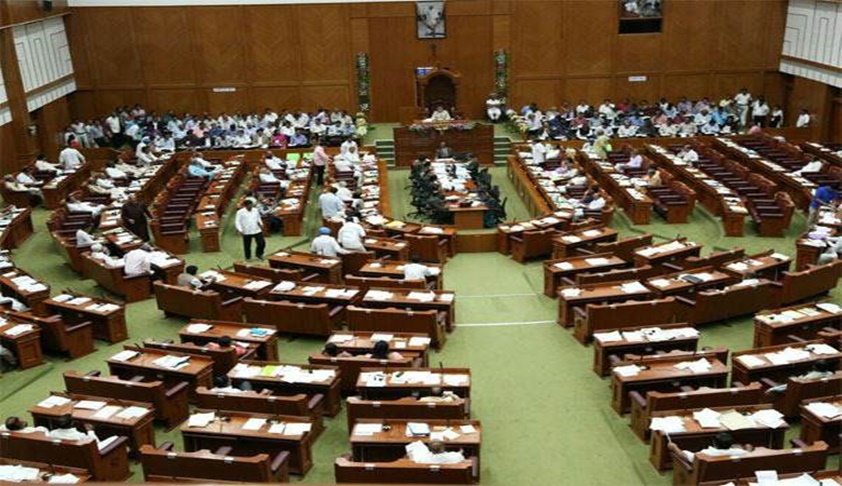Why Can’t CM And PM Be Elected
ADVOCATE MOHAN KATARKI
20 May 2018 11:18 AM IST

The Karnataka crisis has reinvented the question - why can’t the Chief Minister of a State or Prime Minister of India be elected by the legislature (Assembly in respect of a State and Parliament in case of Prime Minister).
The system in India is based on the principles of parliamentary democracy in the United Kingdom. Under this system, the Governor appoints the Chief Minister and President appoints the Prime Minister and then the appointees prove majority by moving the confidence motion in the legislature.
If the Constitution of India namely Art 164(1) in case of appointment of Chief Minister and Art 75(1) in case of appointment of Prime Minister are amended and the appoint of the elected representative of the legislature as Chief Minister or Prime Minister is made mandatory, what follows requires close examination.
In a multi cornered contest, the highest votes secured by a contesting candidate may turn out to be less than 51 %. Then, the question is how would he discharge responsibilities to the legislature or answer the legislature? The legislative proposals etc of such Chief Minister or Prime Minister may fail paralysing the Administration. Therefore, along with Art 164(1) and Art 75(1), the amendment of Art 164(2) and Art 75(3) also becomes necessary to relieve them from being responsible or answerable to the legislature. But, such an amendment would make the Chief Minister or Prime Minister autocratic and undemocratic in functioning.
The Presidential system of democracy and parliamentary systems are two different systems conceptually. In the Presidential system, as prevalent in United States of America, France, etc, the President elected either directly by the people or indirectly through the elected representatives. However, he is not answerable to the legislature which exposes him to the charge of being undemocratic. Whereas in the parliamentary system prevalent the United Kingdom and most of the Commonwealth nations, the appointment of the Prime Minister is by the President or Crown, but he is obliged to answer to the legislature in the discharge of his functions which makes his functioning more democratic than the President under the Presidential system.
Mohan Katarki is a lawyer practicing in the Supreme Court Of India


